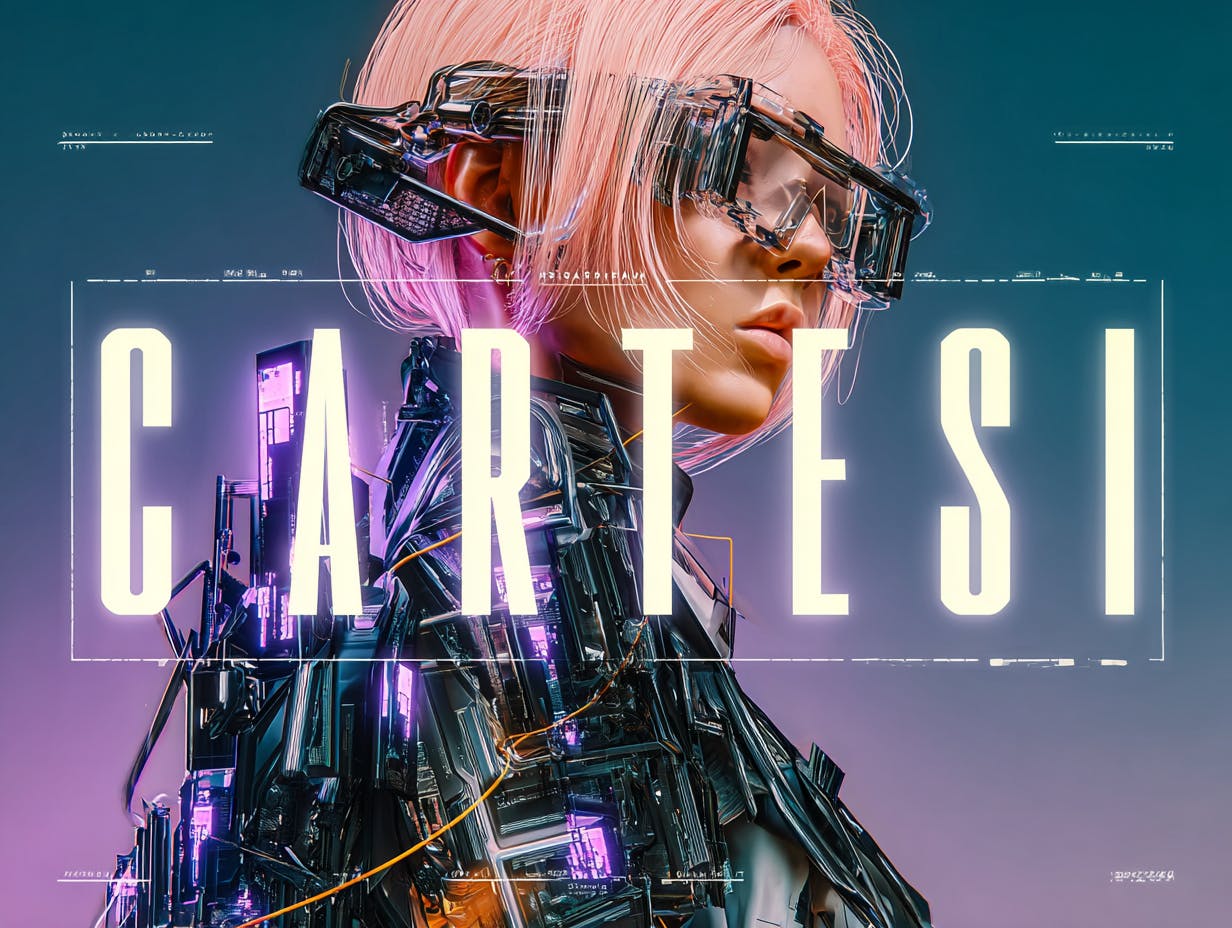Identity management is a hot area for investment of late. That was particularly obvious in the past few weeks, as two startups in the space secured over $300 million and a major eyeball-scanning initiative made its U.S. debut.
On the investment front, the largest financing went to Persona, a developer of identity verification tools that on Wednesday announced a $200 million Series D led by Founders Fund and Ribbit Capital. The San Francisco startup said capital will go toward honing offerings for an AI-driven world, in which bot traffic now surpasses human activity online.
Two days earlier, Veza, a Silicon Valley startup with a stated mission to “revolutionize and reimagine identity security,” also revealed that it closed on a Series D of $108 million led by New Enterprise Associates. Like Persona, Veza touts its tools as tailored for the age of agentic AI.
And, scan your eyeball at a mall too
Two hefty funding rounds weren’t the only big news roiling the identity startup space in recent days.
We also saw the U.S. rollout last Thursday of World, a venture co-founded by Sam Altman that aims to build an identity verification system for humans using iris scans and the blockchain.
As part of the effort, World opened five U.S. locations to access its system for photographing and encrypting eye and face images. Locales include a spot on Los Angeles’ tony Melrose Avenue and another at a Nashville mall, a few doors down from a Cheesecake Factory.
To date, 6-year-old World (formerly Worldcoin) has raised $244 million from backers including Andreessen Horowitz and Blockchain Capital, Crunchbase data shows. Its stated mission revolves around “building technology that distinguishes humans from AI in an era where that distinction grows increasingly vital.”
Deal pace heating up
Over the past year, more than a dozen identity security-focused startups have pulled in good-sized rounds. Using Crunchbase data, we put together a sample list of 14 recently funded companies:
The largest funding recipient on our list is Boston-based Aura, which offers consumer subscription plans providing protection from identity theft, scams, and online threats. Founded in 2017, Aura has raised more than $660 million to date, including a $140 million Series G in March.
Another senior startup, 11-year-old Semperis, has pulled in close to $500 million to date, including a $125 million financing last summer at a unicorn valuation. The Hoboken, New Jersey company offers identity threat detection and response tools.
Among earlier stage companies, meanwhile, one recent standout is Reality Defender, a 4-year-old startup whose technology detects deepfake impersonations. The New York company announced a new round from strategic investors last month.
Public investors have also been keen on the identity security space of late. Identify verification provider Okta, for instance, had a recent market cap of $20 billion, with shares up more than 50% in the past six months. Shares of identity security software provider CyberArk have also been headed higher, with the company recently valued around $17 billion.
More signs pointing up
It helps that players are operating in a growth market. This year, spending around identity and access management is expected to exceed $24 billion, per the Identity Management Institute (IMI), an industry certification group. That’s a projected increase of about 13% year over year.
The group cites longstanding industry shifts as one driver. This includes the ongoing transition to remote and hybrid work, as well as ever-expanding reliance on cloud services. It also envisions biometric authentication expanding, reducing reliance on passwords.
Per Persona, AI bot traffic is another major growth factor. By the end of the decade, it projects bots and AI agents will drive around 90% of all online traffic. They’re becoming more sophisticated as well, able to generate lifelike content, solve CAPTCHA tests, and “increasingly act on behalf of real people in ways that blur the line between human and machine.”
That sounds a bit alarming. But, for companies charged with helping us differentiate between earnest human and malicious bot, it bodes well for the bottom line.
Related Crunchbase list:
Illustration: Dom Guzman
Stay up to date with recent funding rounds, acquisitions, and more with the
Crunchbase Daily.









